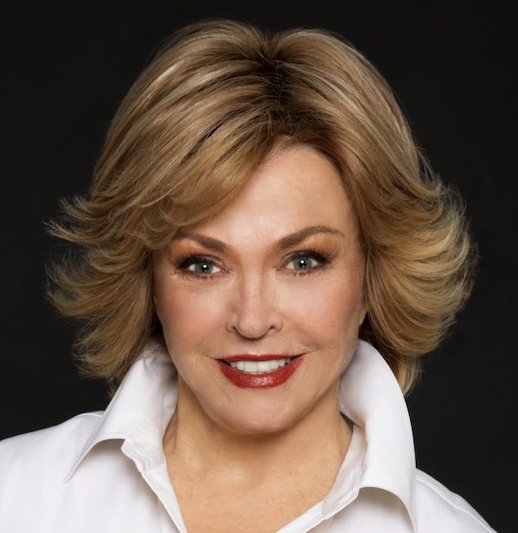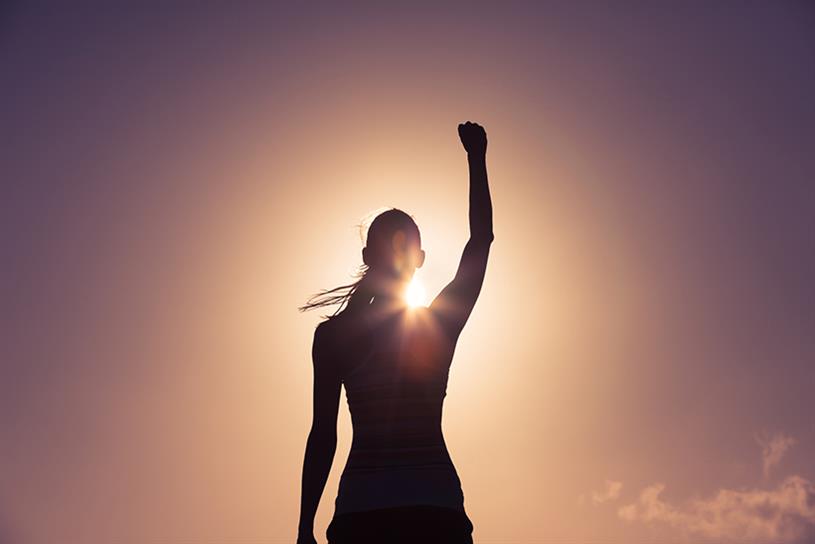Over the weekend, I was reading the new issue of the New Yorker and I read an article about sci-fi author N.K. Jemison. She’s amazing and you should read the piece, but I was also struck by the brilliant title of her recent collection of short stories, How Long ’til Black Future Month?
It was March 1, the first day of Women’s History Month, and I found myself thinking about what a Women’s Future Month collection of stories would include. And then because I’m the editorial director of TEDWomen, it quickly became a playlist of TED Talks featuring bold ideas for creating a future I would like to see, particularly for women.
As I and so many others have pointed out over the past few years in this blog, true equality for women means a better future for everyone. Equality for women leads to better outcomes across so many sectors, from fighting climate change to business outcomes, from health care to education to human relationships.
So here’s a TED playlist for Women’s Future Month. I hope you’ll take some time over the next few weeks to immerse yourself in women’s history that you may not have previously known — there’ll no doubt be many news stories, videos and talks and exhibits worth checking out. But I also hope you’ll spend some time with these 10 TED speakers who are imagining a future in which women are equal members of society — and think yourself about what that future world would mean to you, your children and your grandchildren.
If we really want to address climate change, we need to make gender equity a reality, says writer and environmentalist Katharine Wilkinson. As part of Project Drawdown, Wilkinson has helped scour humanity’s wisdom for solutions: obvious things like renewable energy and sustainable diets and not so obvious ones, like the education and empowerment of women. In this informative, bold talk, she shares three key ways that equity for women and girls can help stop global warming.
Pioneering doctor Paula Johnson explains that our health care system makes a grave error when it treats women and men the same, essentially leaving women’s health to chance. It’s time to rethink health care and include gender in the conversation.
Learn how to spark a little productive risk-taking and raise confident girls with stories and advice from firefighter, paraglider and all-around adventurer Caroline Paul.
Actor Justin Baldoni wants to start a dialogue with men about redefining a concept of masculinity that he defines as broken and toxic — to figure out ways to be not just good men but good humans. In a warm, personal talk, he shares his effort to reconcile who he is with who the world tells him a man should be.
“When you empower a girl, you transform a community,” Kakenya Ntaiya says. Ntaiya is the founder and president of Kakenya’s Dream, an international nonprofit organization leveraging education to empower girls, end harmful traditional practices and transform communities in rural Kenya.
“For the past few years,” Eve Ensler says at the beginning of her powerful talk, “we’ve been calling men out. It has to be done. But lately, I’ve been thinking we need to do something even harder. We need, as my good friend Tony Porter says, to find a way to call men in.” In a thoughtful, personal talk, Eve talks about the power of an apology and lays out a four-step roadmap to help begin the process.
Recognizing and understanding just how “intersectionality” works in our society, is an important first step in fighting bias and discrimination. In this talk, Kimberle Crenshaw, the lawyer who coined the term, explains why we all need to bear witness to this reality and speak up for victims of prejudice.
Who deserves to be in a museum? For too long, the answer has been “the extraordinary” — those aspirational historymakers who inspire us with their successes. But those stories are limiting, says museum curator Ariana Curtis. In a visionary talk, she imagines how museums can more accurately represent history by honoring the lives of people both extraordinary and everyday, prominent and hidden — and amplify diverse perspectives that should have always been included.
Women’s equality won’t just happen — not unless more women are put in positions of power, says Sandi Toksvig. In a disarmingly hilarious talk, Toksvig tells the story of how she helped start a new political party in Britain, the Women’s Equality Party, with the express purpose of putting equality on the ballot. Now she hopes people around the world will copy her party’s model and mobilize for equality.
I hope you won’t mind if I end the list with my own talk! I am so thrilled that my TED Talk, posted in January, already has over 1,000,000 views! The best part is all the wonderful responses I’ve received from women and men around the world willing to be more dangerous in response to these dangerous times. It’s a call to action to both women and men to be bold in working for women and girls, embracing the risks necessary to create a world where safety, respect and truth burn brighter than the darkness of our current times.
Onwards,
— Pat


